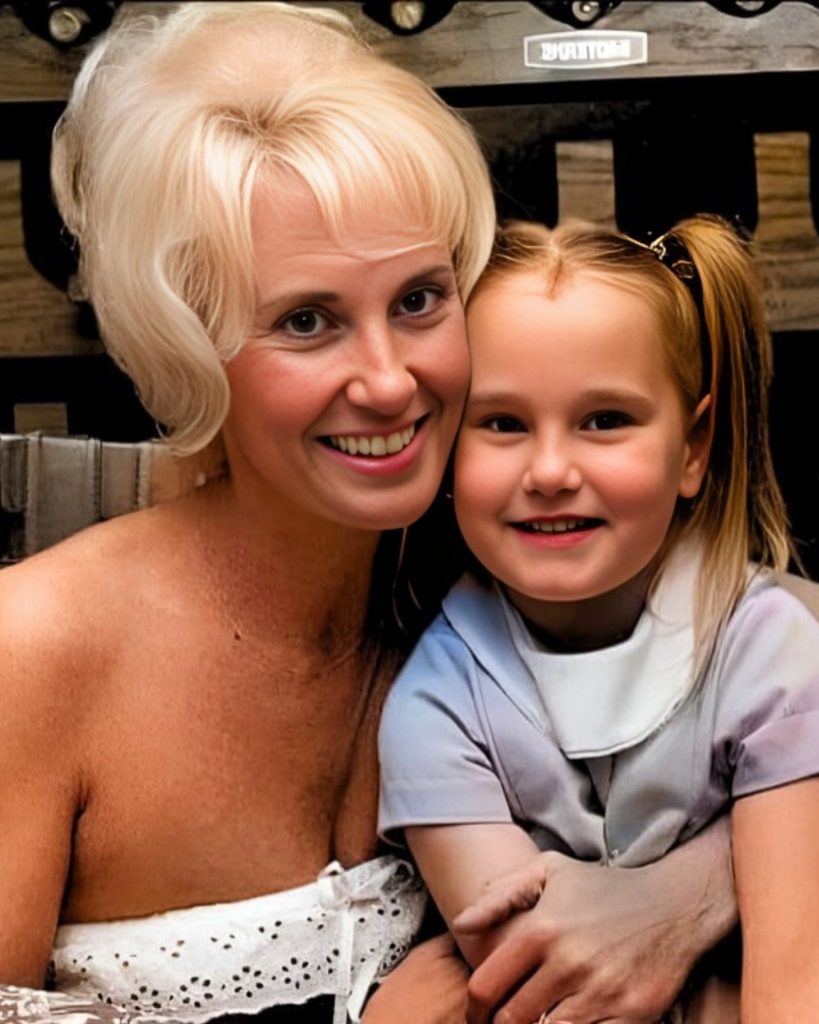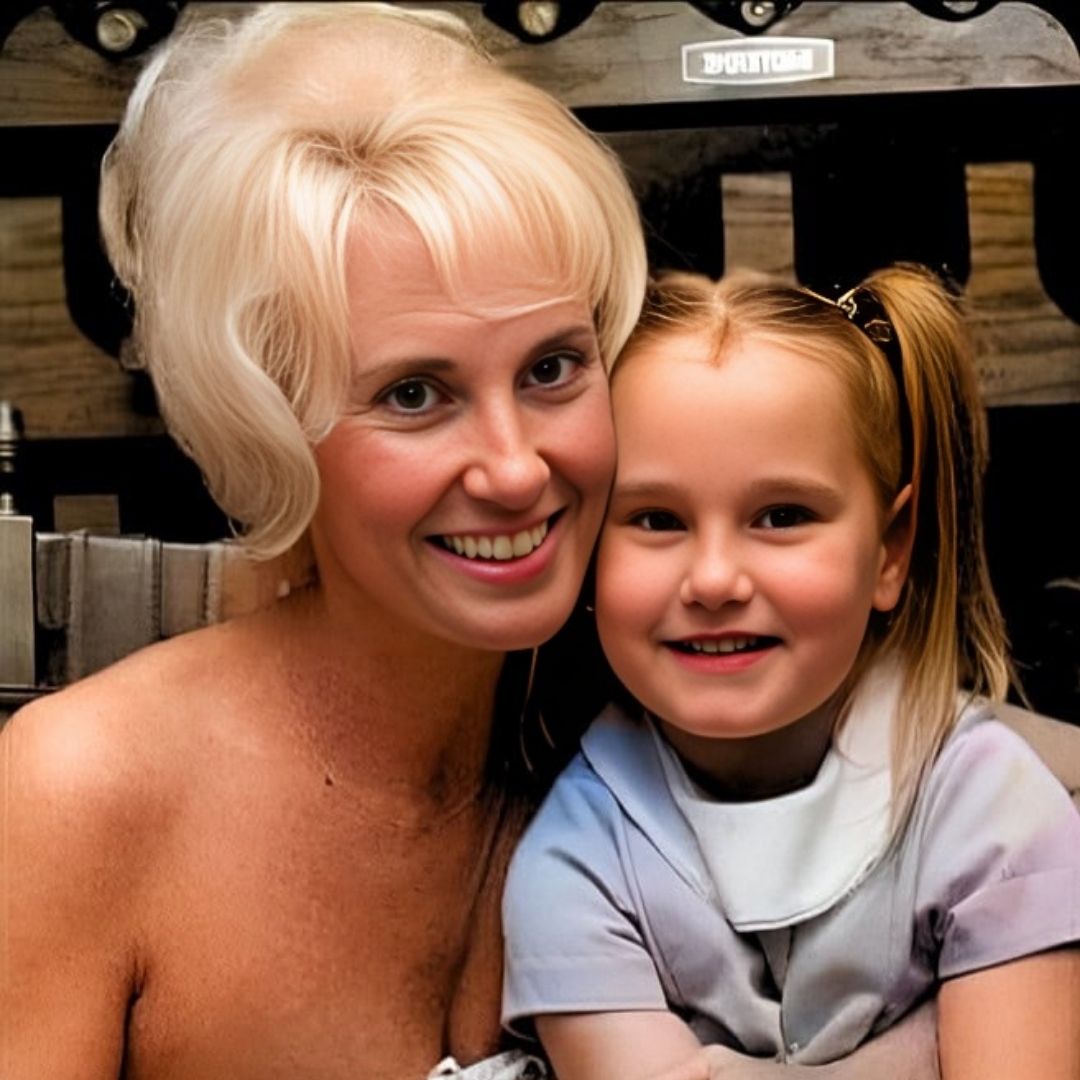
Introduction
Growing up in a small town, I remember my grandmother spinning old vinyl records on lazy Sunday afternoons. One song that always caught my ear was Tammy Wynette’s “I Don’t Wanna Play House.” The twang of her voice and the raw emotion in the lyrics painted a picture of heartbreak so vivid it stuck with me, even as a child who didn’t fully grasp its meaning. Little did I know then that this song, born from the creative minds of Billy Sherrill and Glenn Sutton in 1967, would become a cornerstone of country music history, resonating with generations through its simple yet profound storytelling.
About The Composition
- Title: I Don’t Wanna Play House
- Composer: Billy Sherrill and Glenn Sutton
- Premiere Date: Released as a single in July 1967
- Album/Opus/Collection: Featured on the album Take Me to Your World / I Don’t Wanna Play House (January 1968)
- Genre: Country (Traditional Country)
Background
“I Don’t Wanna Play House” emerged during a pivotal moment in Tammy Wynette’s career. By 1967, she was transitioning from a struggling artist to a rising star, having already tasted success with “Your Good Girl’s Gonna Go Bad” and a duet with David Houston. Songwriters Billy Sherrill and Glenn Sutton, both prolific figures in Nashville’s country scene, crafted this piece as a vehicle for Wynette’s emotive voice. The song tells the story of a young mother overhearing her daughter reject the idea of playing house, a reflection of the broken home she’s witnessed—a narrative that struck a chord in the era’s shifting social landscape, where divorce and single parenthood were becoming more visible.
Initially released in July 1967, the single soared to number one on the Billboard Hot Country Songs chart by October, holding the top spot for three weeks and charting for eighteen. Its success earned Wynette the 1968 Grammy Award for Best Female Country Vocal Performance, cementing her status as a leading voice in country music. Within her repertoire, it stands as her first solo chart-topper, a milestone that showcased her ability to blend vulnerability with strength—a hallmark of her legacy.
Musical Style
“I Don’t Wanna Play House” is a quintessential example of traditional country music, defined by its straightforward structure and heartfelt delivery. The arrangement is sparse yet effective, featuring a gentle acoustic guitar, subtle steel guitar slides, and a steady rhythm section that keeps the focus on Wynette’s vocals. The song follows a classic verse-chorus form, with a melody that’s both catchy and mournful, amplifying its emotional weight. Sherrill’s production avoids over-embellishment, letting the natural twang and quiver in Wynette’s voice carry the story. This simplicity, paired with the song’s relatable narrative, makes it a timeless piece that feels as intimate as a conversation.
Lyrics/Libretto
The lyrics of “I Don’t Wanna Play House” are its beating heart. They tell a poignant tale through the eyes of a young mother whose husband has left her. Overhearing her daughter tell a neighborhood boy, “I don’t wanna play house / I know it can’t be fun / I’ve watched Mommy and Daddy / And if that’s the way it’s done,” the narrator reveals a child’s innocent yet piercing perspective on adult pain. The themes of heartbreak, disillusionment, and the loss of childhood innocence intertwine seamlessly with the mournful melody, creating a synergy that’s both devastating and beautiful. It’s a masterclass in country storytelling—unadorned, direct, and deeply human.
Performance History
Since its debut, “I Don’t Wanna Play House” has been a staple in Wynette’s live performances and a touchstone for country music fans. Its initial chart success in 1967 marked the beginning of its enduring presence, with a UK release in 1976 even cracking the Top 40. South African singer Barbara Ray’s 1973 cover became a number-one hit in her home country and a top-ten hit in Australia, proving the song’s universal appeal. Over the decades, it has remained a beloved piece in the country canon, often cited as one of Wynette’s signature songs alongside “Stand By Your Man.” Its Grammy win in 1968 further solidified its status, and it continues to be performed and recorded by artists paying homage to classic country.
Cultural Impact
Beyond its musical achievements, “I Don’t Wanna Play House” has left an indelible mark on culture. It captured the zeitgeist of the late 1960s, reflecting the struggles of everyday people—particularly women—navigating love and loss in a changing world. Its influence extends into other media, with its themes echoing in films and TV shows that explore family dynamics and heartbreak. The song’s Grammy win also helped elevate female voices in country music, paving the way for artists like Loretta Lynn and Dolly Parton to dominate the genre. Its raw honesty continues to resonate, making it a cultural artifact that transcends its era.
Legacy
The enduring power of “I Don’t Wanna Play House” lies in its simplicity and truth. Today, it remains a testament to Tammy Wynette’s ability to turn personal pain into universal art, a legacy that still inspires singers and songwriters. Its relevance persists in a world where family struggles and emotional authenticity are as poignant as ever. For performers, it’s a showcase of vocal storytelling; for audiences, it’s a mirror to their own experiences. Nearly six decades later, the song retains its quiet strength, a reminder of country music’s roots in real life.
Conclusion
As someone who first heard “I Don’t Wanna Play House” through the crackle of my grandmother’s record player, I find it remarkable how a song so rooted in its time can feel so timeless. It’s a piece that invites you to listen closely—not just to the music, but to the story it tells and the emotions it stirs. I encourage you to seek out Tammy Wynette’s original 1967 recording for its pure, unfiltered beauty, or explore Barbara Ray’s vibrant cover for a fresh take. Let it wash over you, and see if it doesn’t tug at your heartstrings the way it did mine all those years ago
Video
Lyrics
Today I sat alone at the window
And I watched our little girl outside at play
With the little boy next door like so many times before
But something didn’t seem quite right today
So I went outside to see what they were doing
And then the teardrops made my eyes grow dim
‘Cause I heard him name a game and I hung my head in shame
When I heard our little girl say to him
I don’t wanna play house, I know it can’t be fun
I’ve watched mommy and daddy
And if that’s the way it’s done
I don’t wanna play house; It makes my mommy cry
‘Cause when she played house
My daddy said good-bye
I don’t wanna play house, I know it can’t be fun
I’ve watched mommy and daddy
And if that’s the way it’s done
I don’t wanna play house, it makes my mommy cry
‘Cause when she played house
My daddy said good-bye
